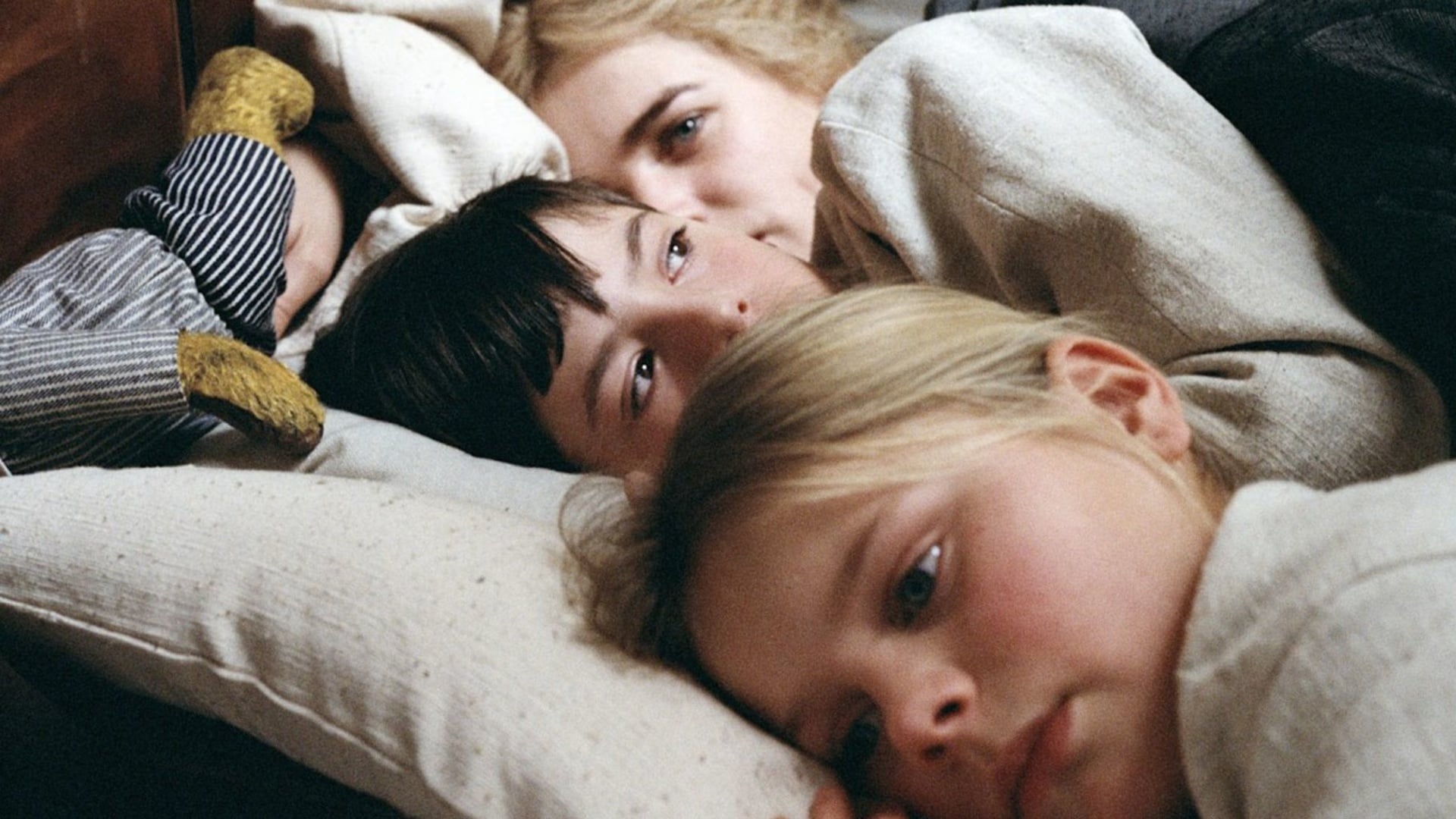Summary
As children in the loving Ekdahl family, Fanny and Alexander enjoy a happy life with their parents, who run a theater company. After their father dies unexpectedly, however, the siblings end up in a joyless home when their mother, Emilie, marries a stern bishop. The bleak situation gradually grows worse as the bishop becomes more controlling, but dedicated relatives make a valiant attempt to aid Emilie, Fanny and Alexander.
Cast
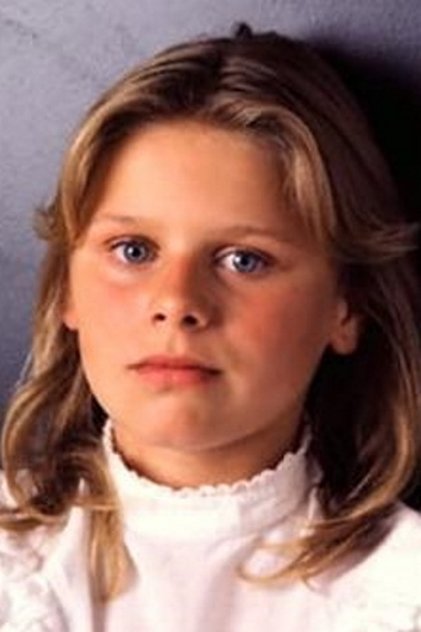
Pernilla Allwin
Fanny Ekdahl
Bertil Guve
Alexander Ekdahl
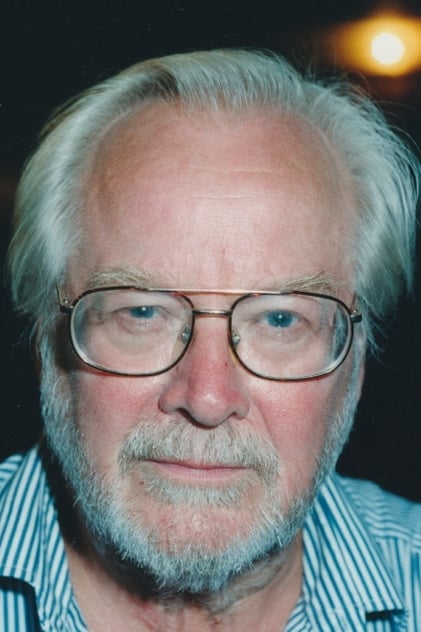
Jan Malmsjö
Bishop Edvard Vergerus
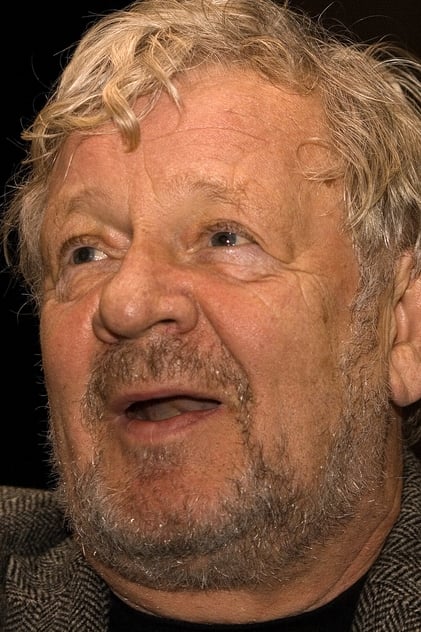
Börje Ahlstedt
Carl Ekdahl
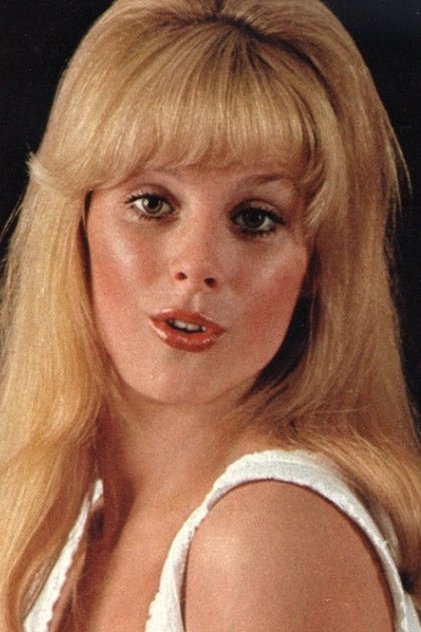
Anna Bergman
Hanna Schwartz
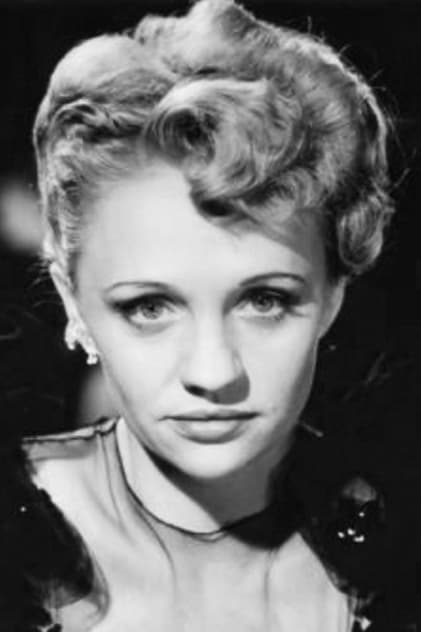
Gunn Wållgren
Helena Ekdahl
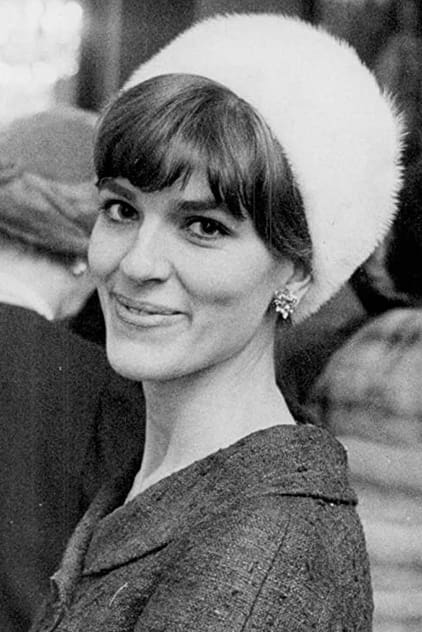
Kristina Adolphson
Siri
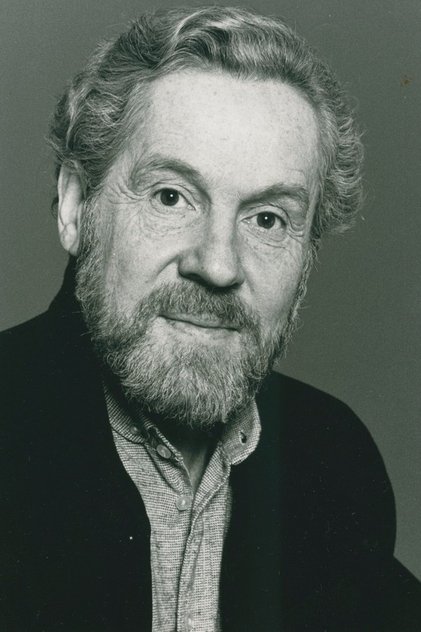
Erland Josephson
Isak Jacobi
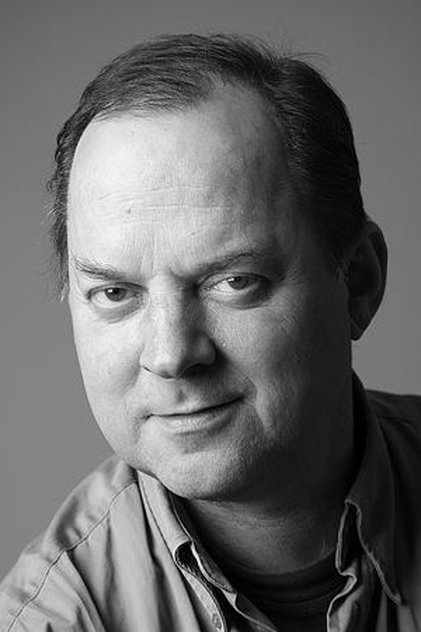
Mats Bergman
Aron Retzinsky
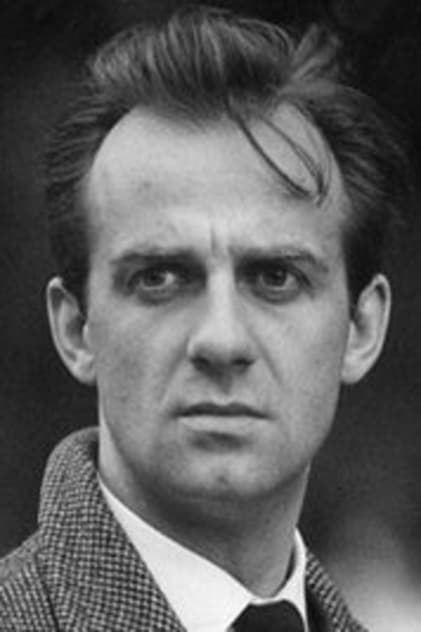
Jarl Kulle
Gustav Adolf Ekdahl
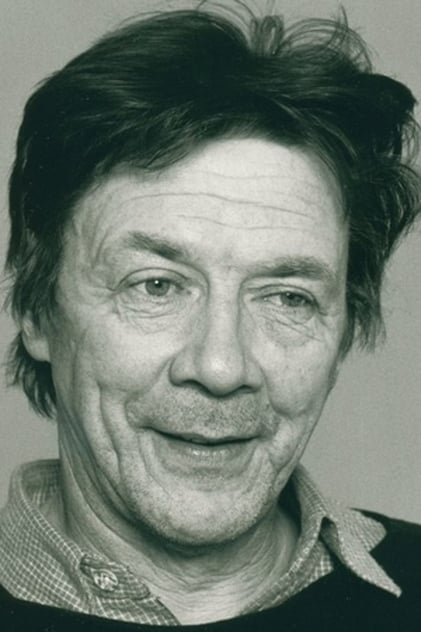
Allan Edwall
Oscar Ekdahl
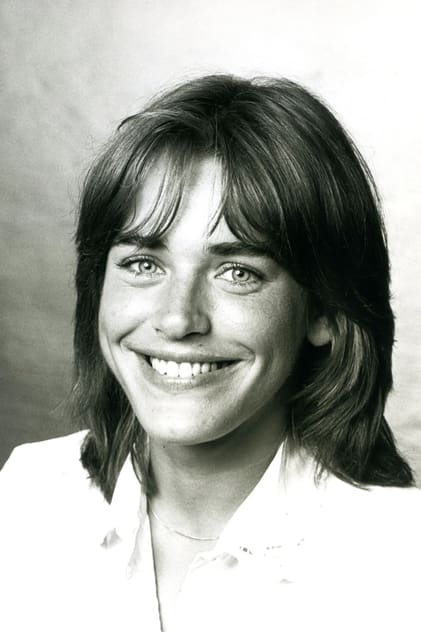
Ewa Fröling
Emilie Ekdahl
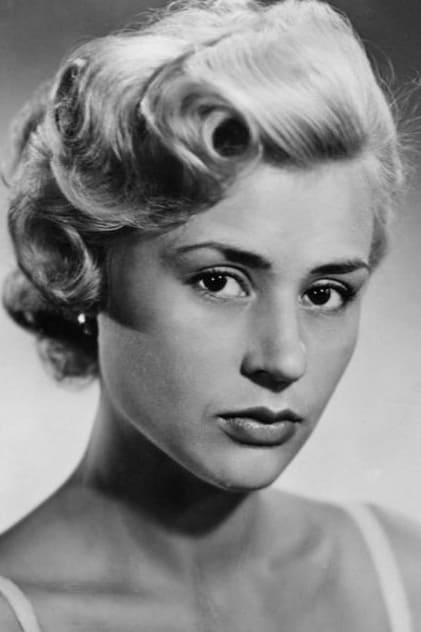
Harriet Andersson
Justina
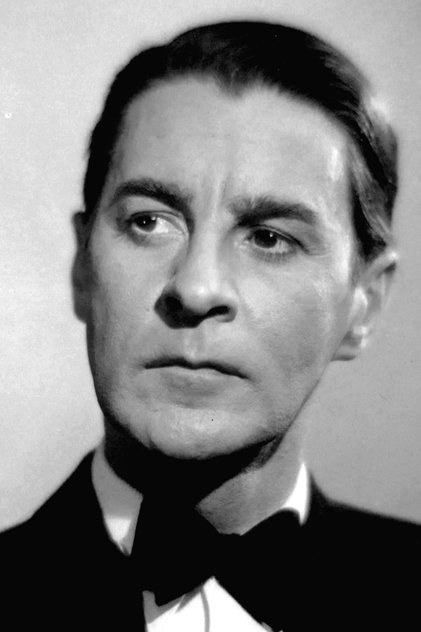
Gunnar Björnstrand
Filip Landahl
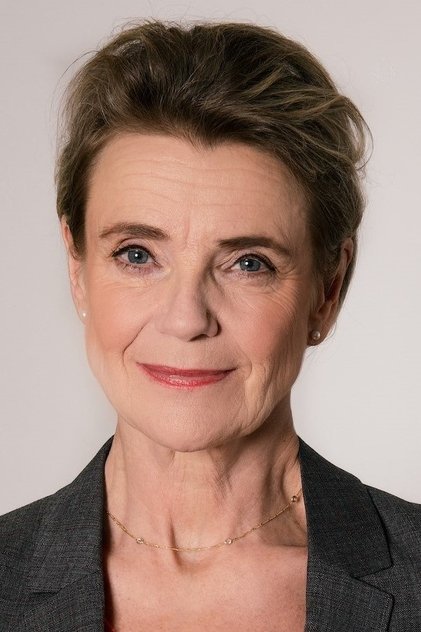
Stina Ekblad
Ismael Retzinsky
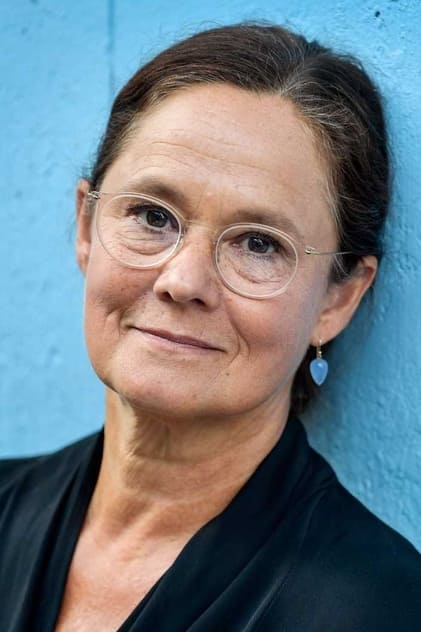
Pernilla August
Maj
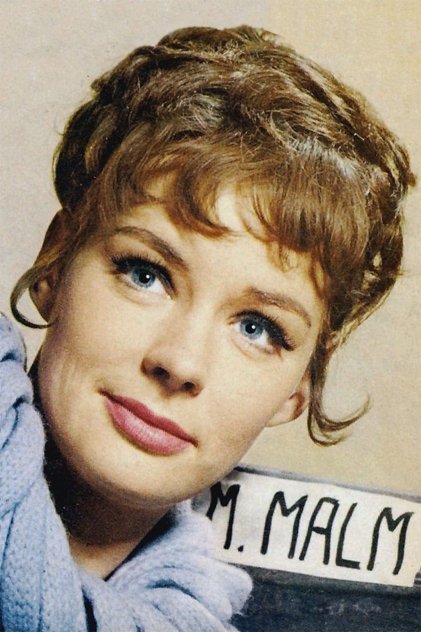
Mona Malm
Alma Ekdahl
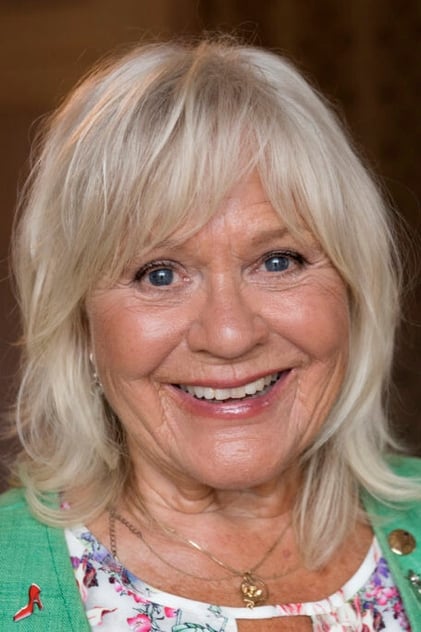
Christina Schollin
Lydia Ekdahl
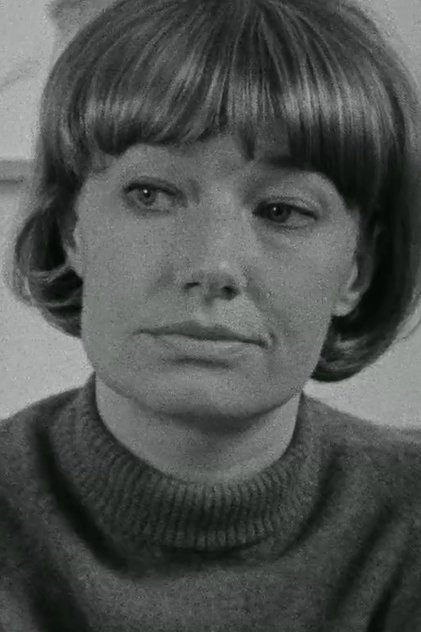
Kerstin Tidelius
Henrietta Vergerus
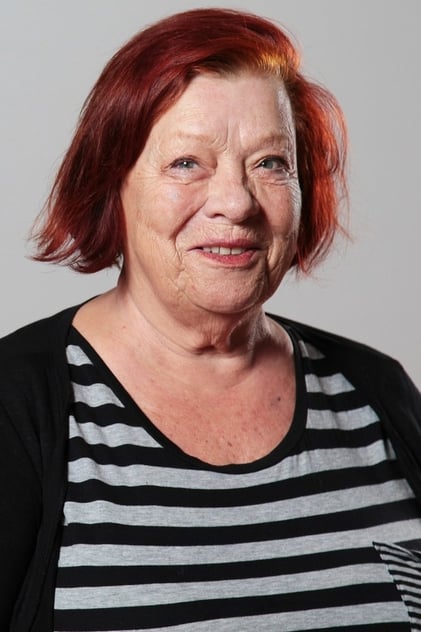
Inga Ålenius
Lisen
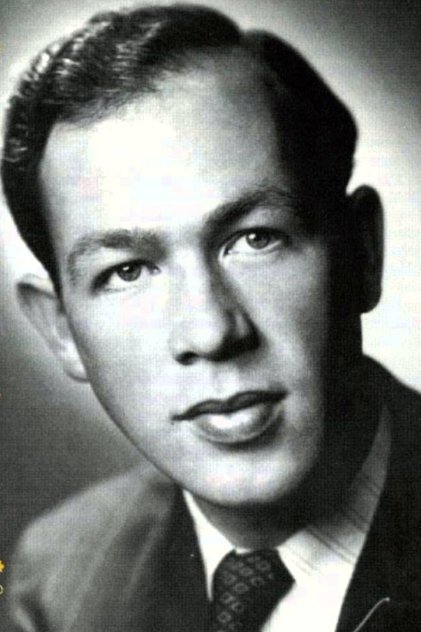
Hugo Hasslo
Glee Singer
Kristian Almgren
Putte Ekdahl
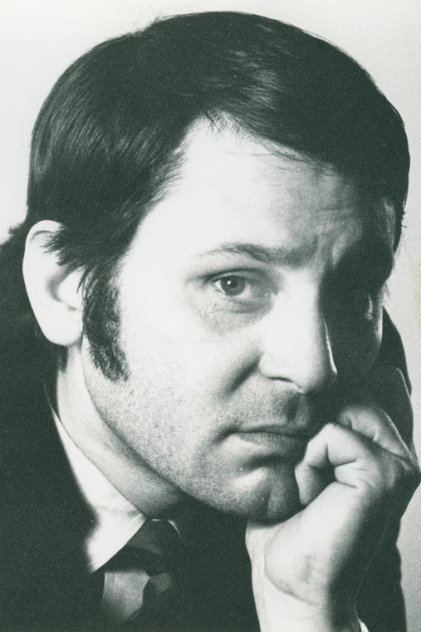
Carl Billquist
Police Superintendent Jespersson
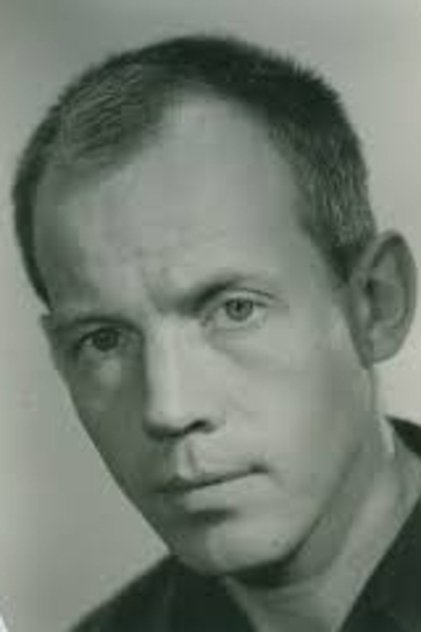
Axel Düberg
Witness to Bishop's Death
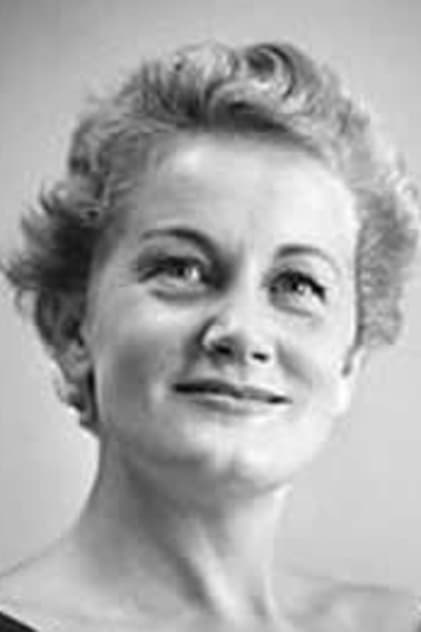
Siv Ericks
Alida
Patricia Gélin
Statue
Majlis Granlund
Miss Vega
Maria Granlund
Petra Ekdahl
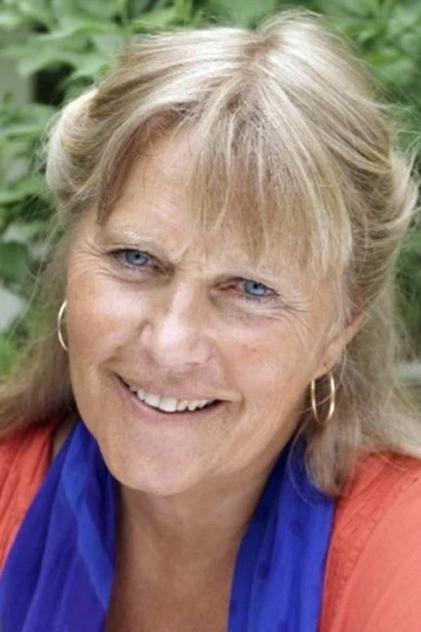
Eva von Hanno
Berta
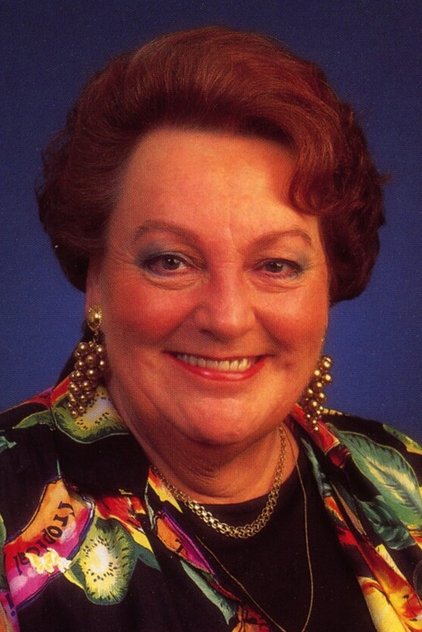
Sonya Hedenbratt
Aunt Emma
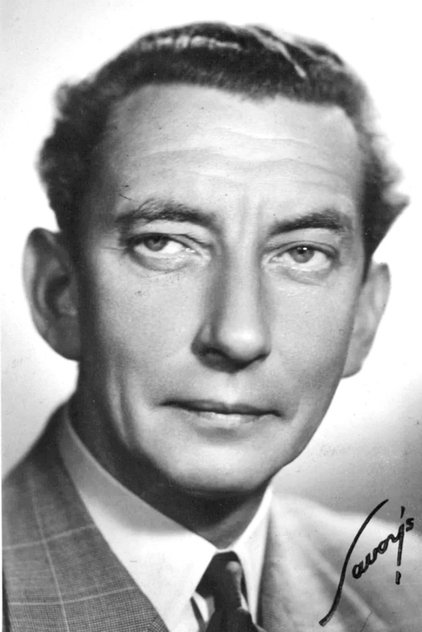
Olle Hilding
Old Clergyman
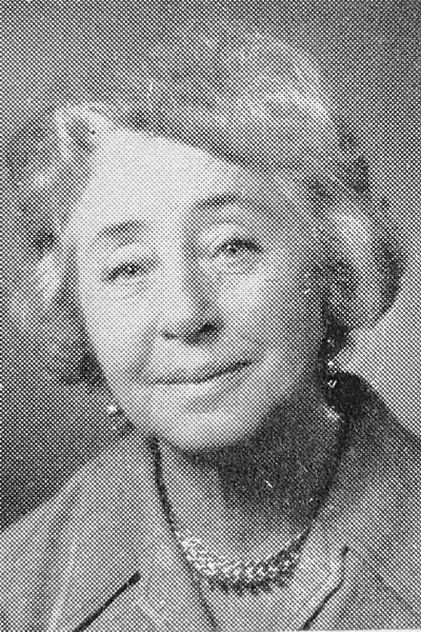
Svea Holst
Miss Ester
Käbi Laretei
Aunt Anna von Bohlen
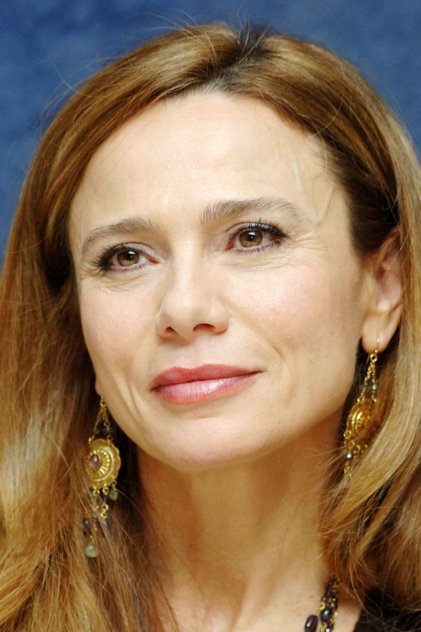
Lena Olin
Rosa
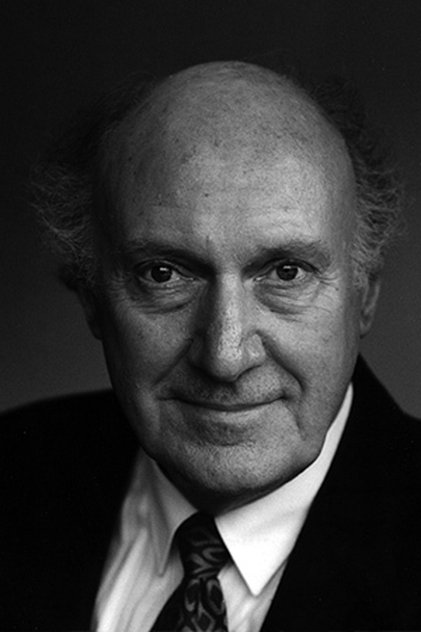
Gösta Prüzelius
Doctor Fürstenberg
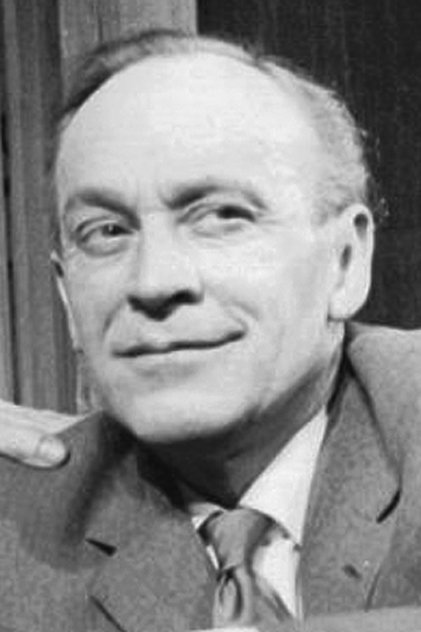
Hans Strååt
Clergyman at Wedding
Emelie Werkö
Jenny Ekdahl
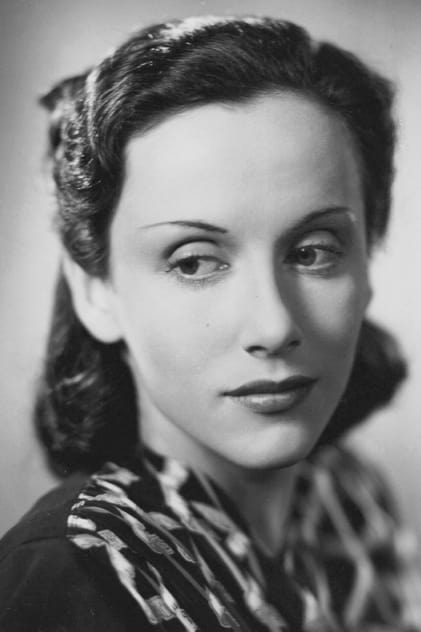
Marianne Aminoff
Blenda Vergérus
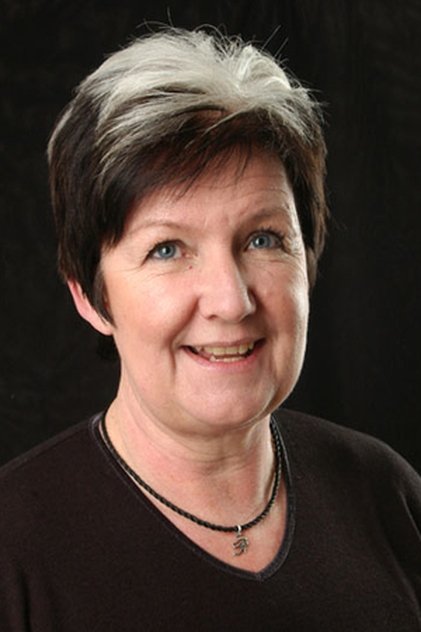
Mona Andersson
Karna
Hans Henrik Lerfeldt
Elsa Bergius
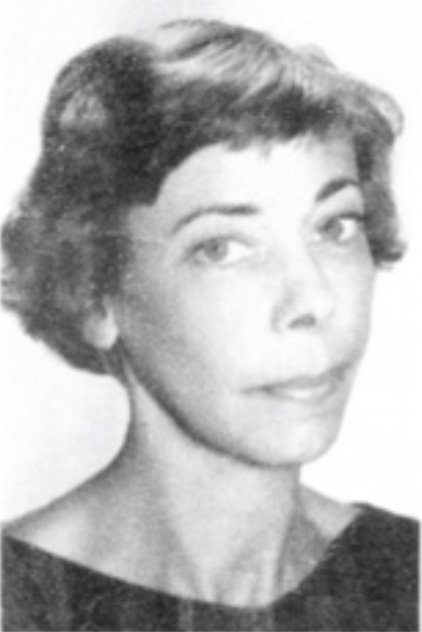
Marrit Ohlsson
Malla Tander
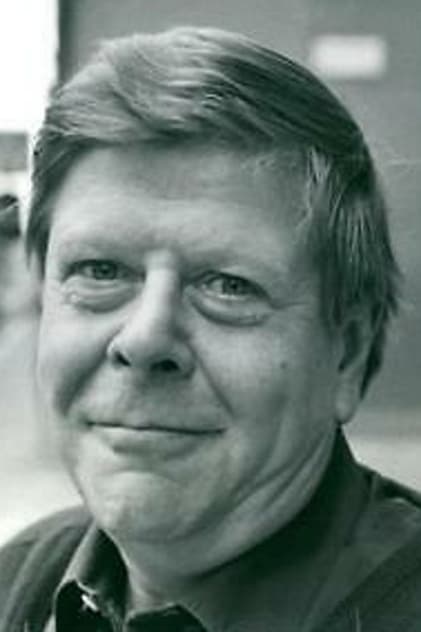
Nils Brandt
Mr. Morsing
Lars-Owe Carlberg
Glee Singer
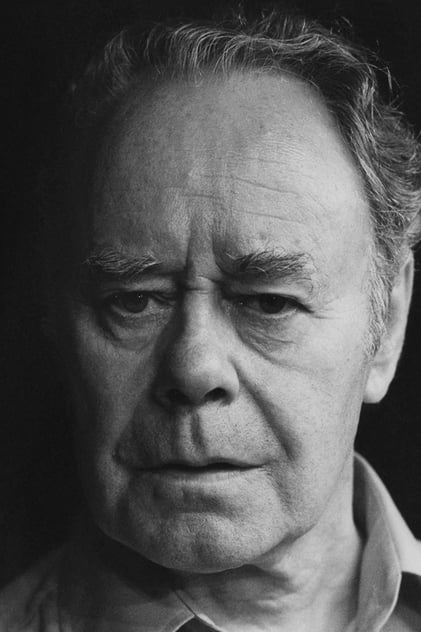
Gus Dahlström
Props Man

Ernst Günther
Rector Magnificus
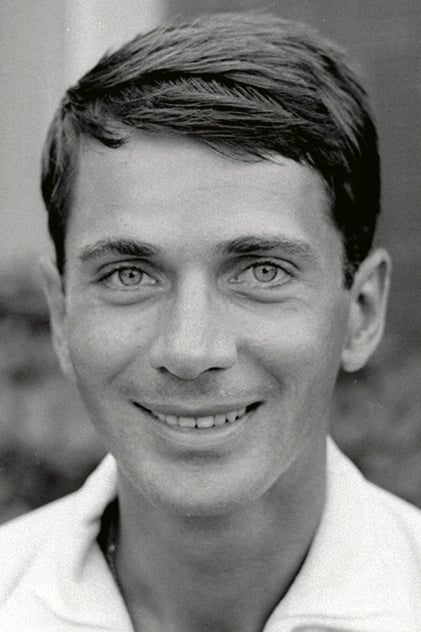
Heinz Hopf
Tomas Graal
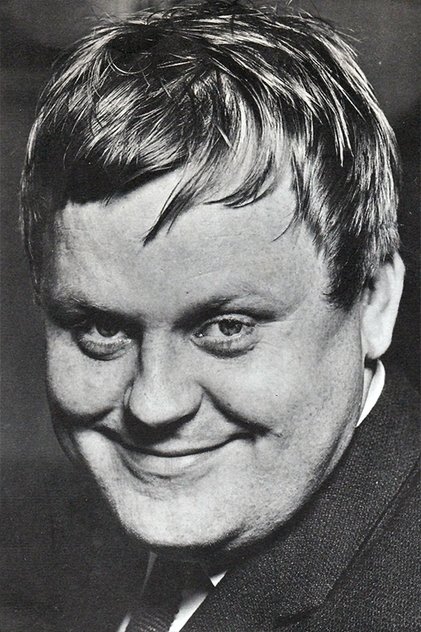
Sune Mangs
Mr. Salenius
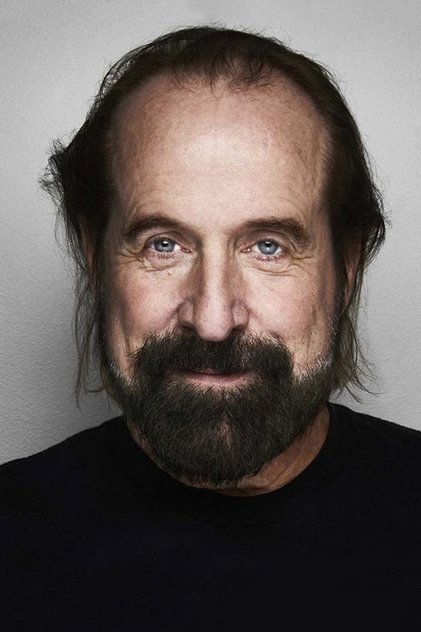
Peter Stormare
Young Man Who Helps Isak with Coffer (uncredited)
Maud Hyttenberg
Miss Sinclair
Sven-Erik Jacobsson
Glee Singer
Marianne Nielsen
Selma
Crew
Director, Writer
Ingmar Bergman
Reviews
CRCulver
October 17, 2018
8
Released in 1982 in a 5-hour version for Swedish television and cut to 180 minutes for theatrical release, <i>Fanny and Alexander</i> was meant to be Ingmar Bergman's last film. Though the great auteur lived on another 25 years and even wrote and directed some smaller projects, <i>Fanny and Alexander</i> can still be seen as a great capstone to decades of legendary cinema.
FANNY AND Alexander deals with the great two preoccupations of Bergman's career, namely the absence of God and the unbridgeable gaps between human beings, but the result is wonderfully life-affirming. Fanny and Alexander are the children of Oscar and Emilie Ekdahl, actors in Uppsala circa 1907, but the film gives a panorama of the extended Ekdahl family, presided over by grandmother Helena, uncles Gustav Adolf (a restaurateur and the film's most comedic presence) and Carl (a professor who has fallen into debt and is trapped in a loveless marriage), their wives and children, and the selfless Jewish shopkeeper Isak Jacobi. This Swedish family lives in an Old World opulence that is hard to believe for audiences today, especially for a country whose class system by and large disappeared after the war. The rigid interaction among people not closely acquainted and the deference of servants to their employers make for gestures as alien to us 21st century viewers as a Noh play.
In a way, <i>Fanny and Alexander</i> is like those big novels of a century ago, by Tolstoy or Galsworthy, dealing with the vicissitudes of a whole family. The vaster family drama, however, is only a backdrop to a more personal one: Fanny and Alexander are soon orphaned, and their widowed mother eventually remarries, this time with a cruel clergyman. The children move from the freedom and comfort of the Ekdahl home to the austere bishop's place, where the children are punished for the slightest infraction by beatings or being locked up in the attic. The Ekdahls' torment living under the bishop is the great crisis of the film, and their unexpected liberation from it presents Alexander with a burden that he will carry into his budding manhood.
The original television version is the way to see Bergman's final masterpiece. Don't be daunted by the length: 5 hours should not be a problem in an age when people will watch an entire season of a sitcom in one sitting. <i>Fanny and Alexander</i> is not slow, meditative cinema like, say, Andrei Tarkovsky or Béla Tarr, but rather Bergman is always presenting the viewer with some engaging little drama. The theatrical cut, which Bergman made only with the greatest regret, is a very different (and much weaker film), cutting out much of the film's magical realism, the touching meditations on growing old represented by the character of the grandmother, and some vivid depictions of early 20th-century Sweden.
Media
Recommendations
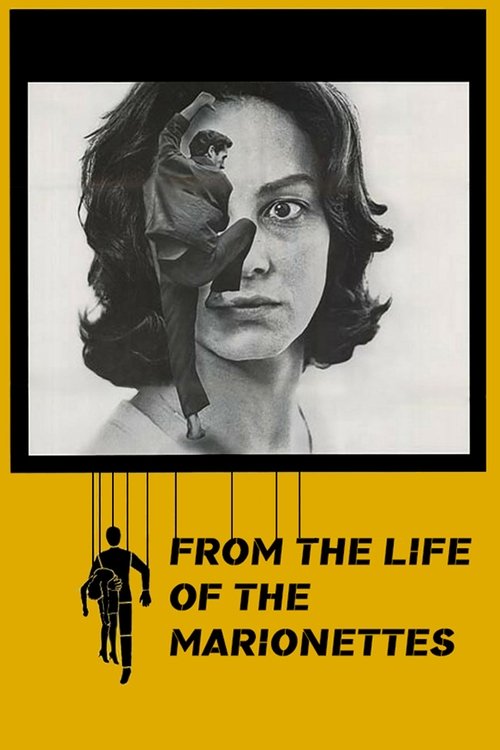
From the Life of the Marionettes
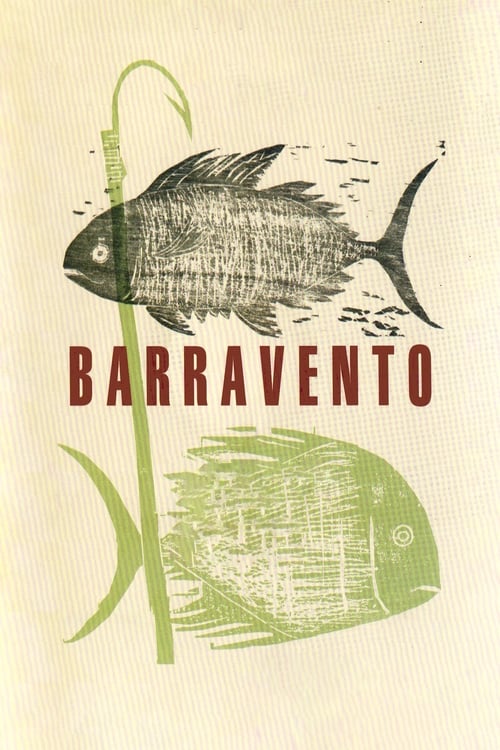
The Turning Wind
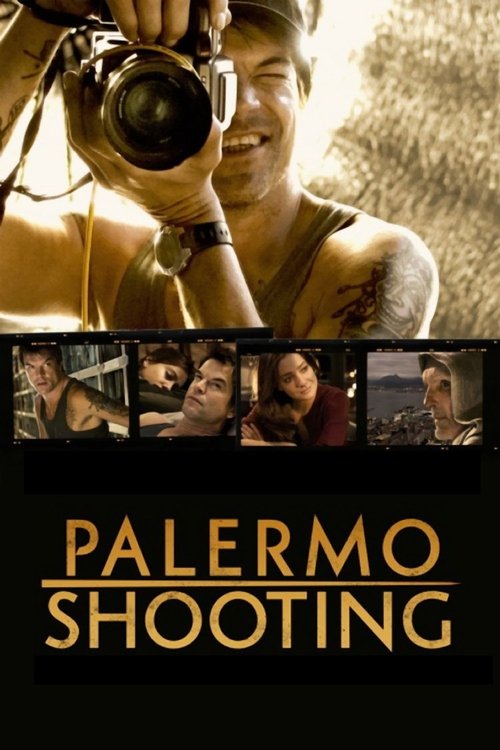
Palermo Shooting
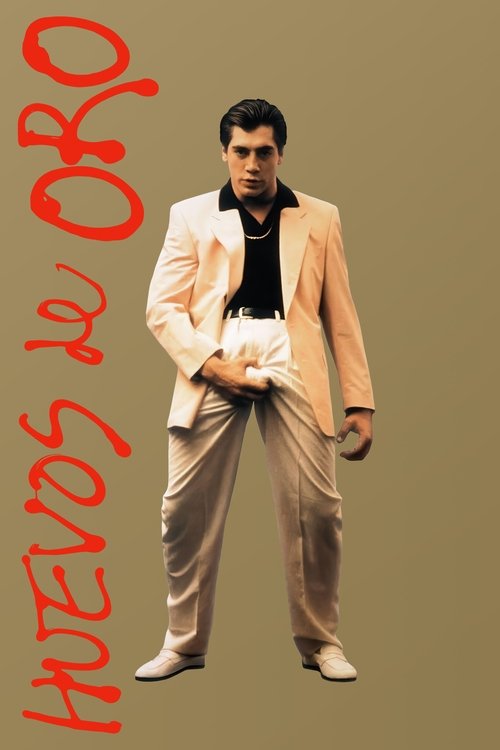
Golden Balls

The Mighty Boosh Live
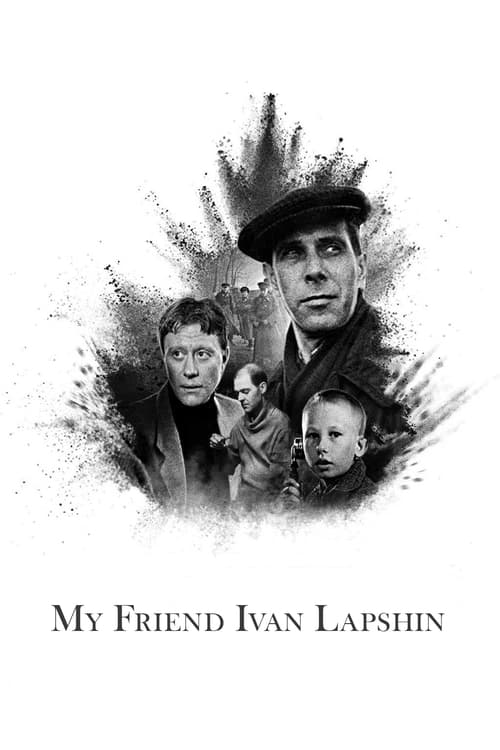
My Friend Ivan Lapshin
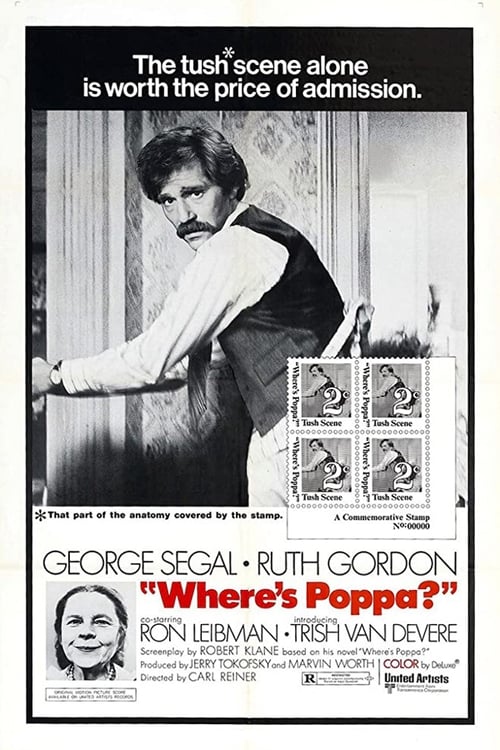
Where’s Poppa?
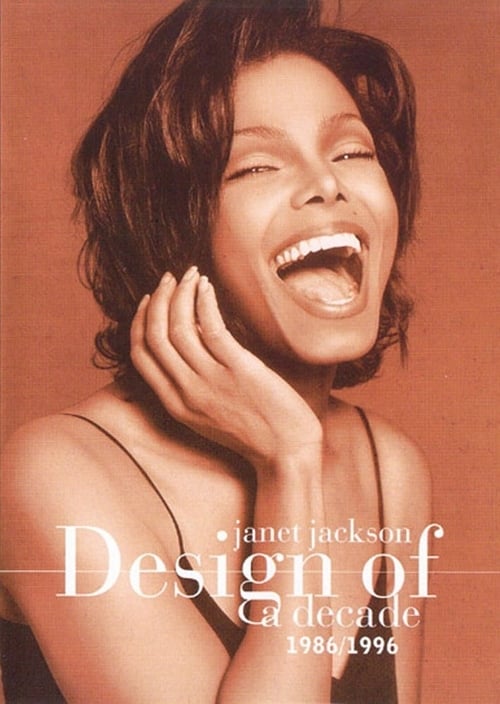
Janet Jackson: Design of a Decade 1986/1996
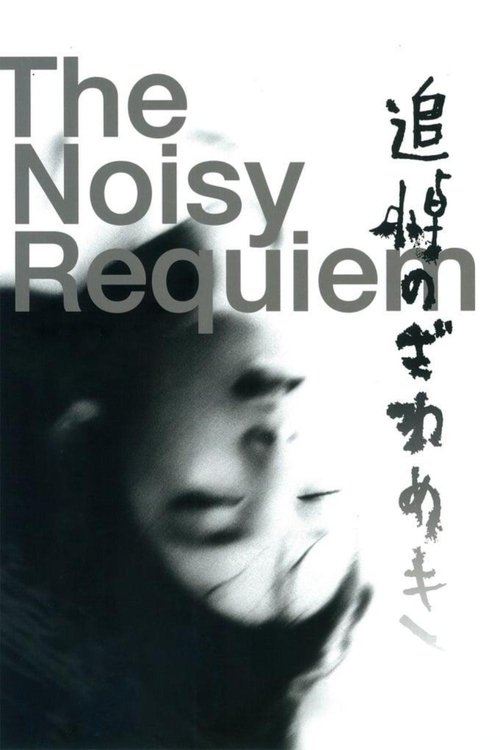
Noisy Requiem
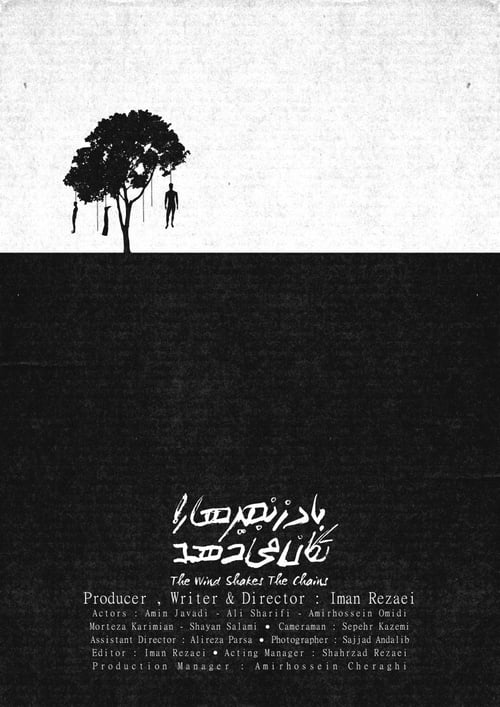
The Wind Shakes The Chains

Julia Sweeney - Letting Go of God
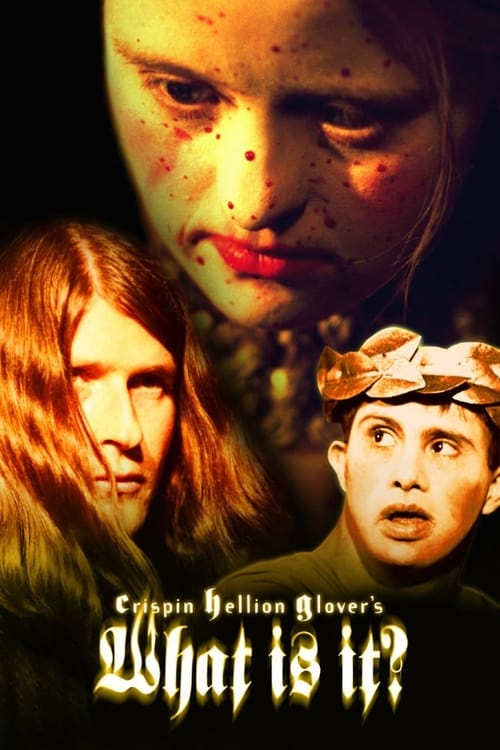
What Is It?
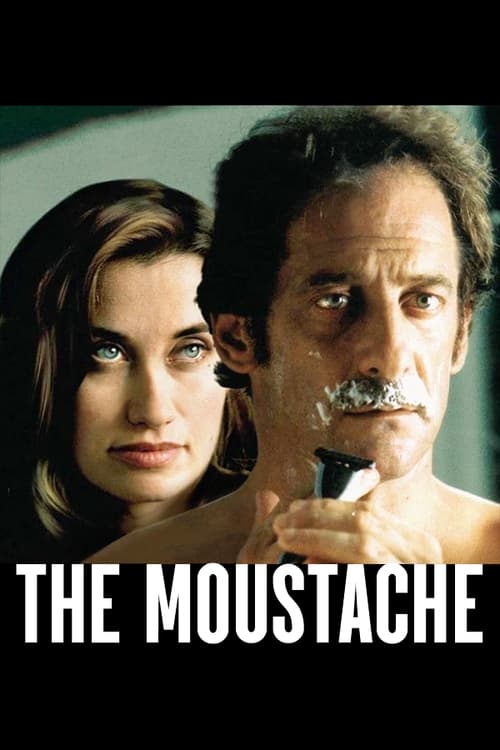
The Moustache
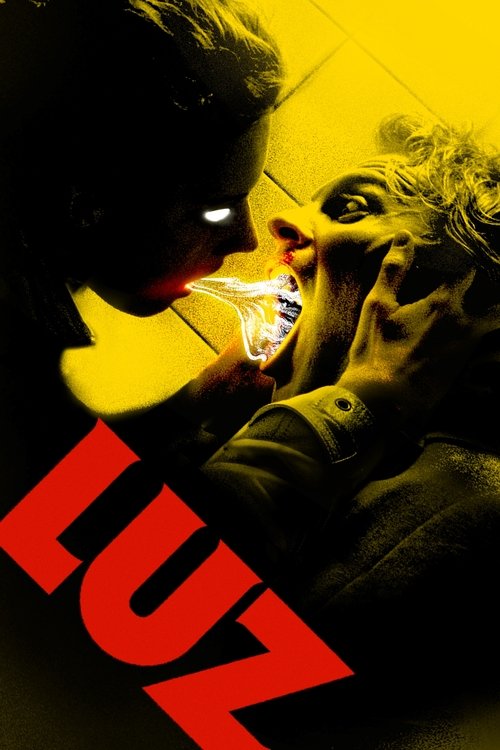
Luz

Little Voice
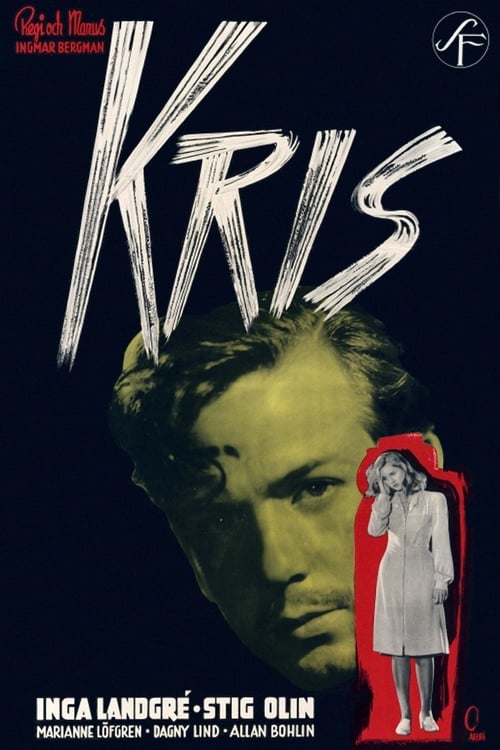
Crisis
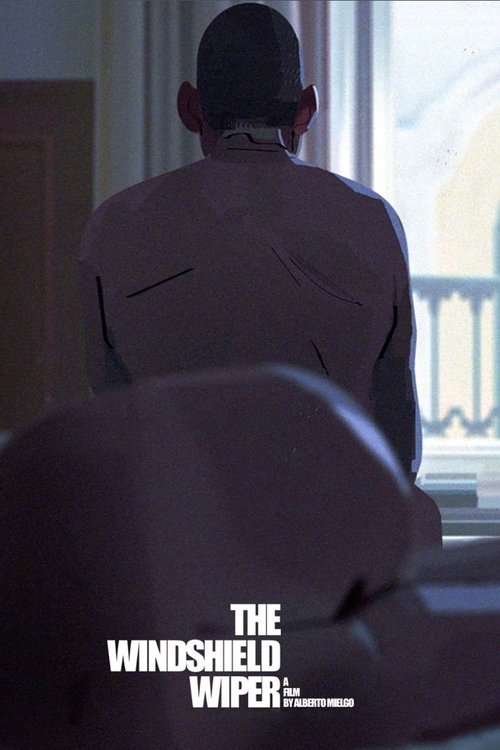
The Windshield Wiper

Summer Interlude
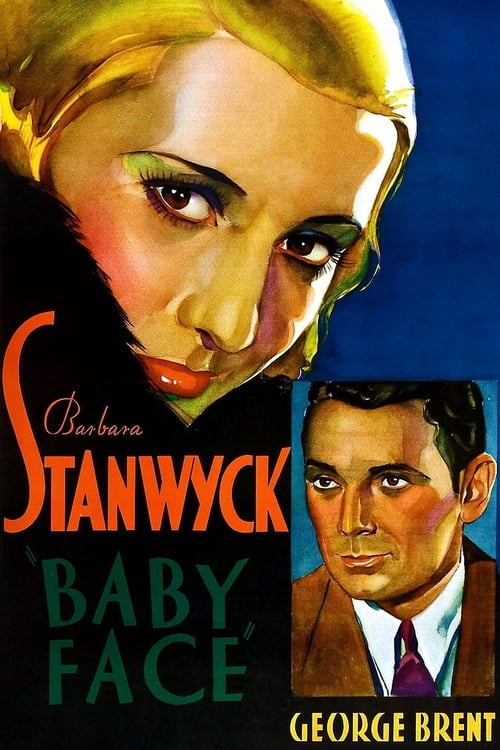
Baby Face

